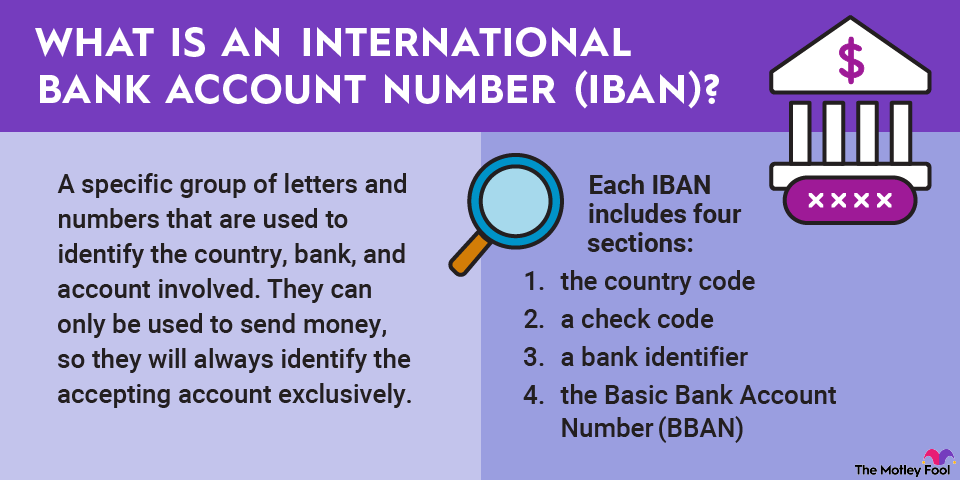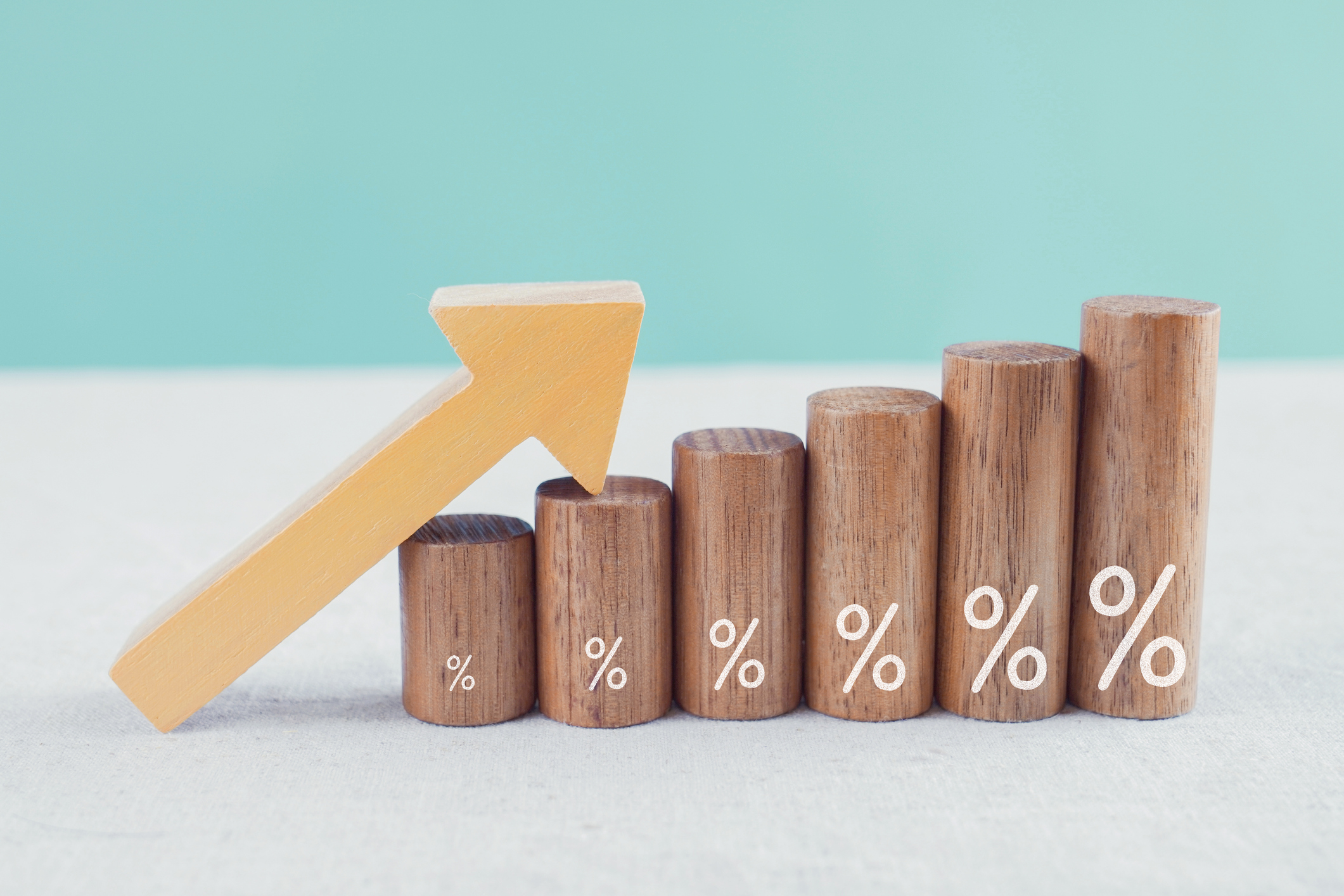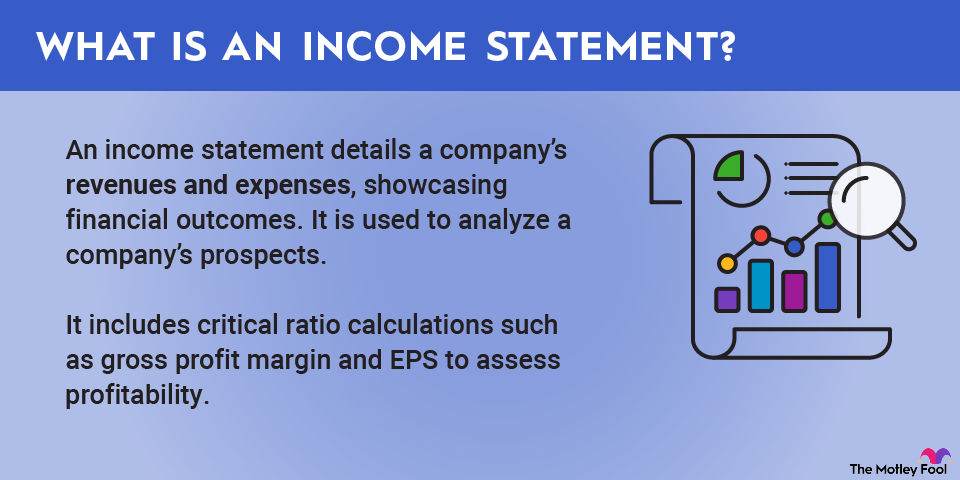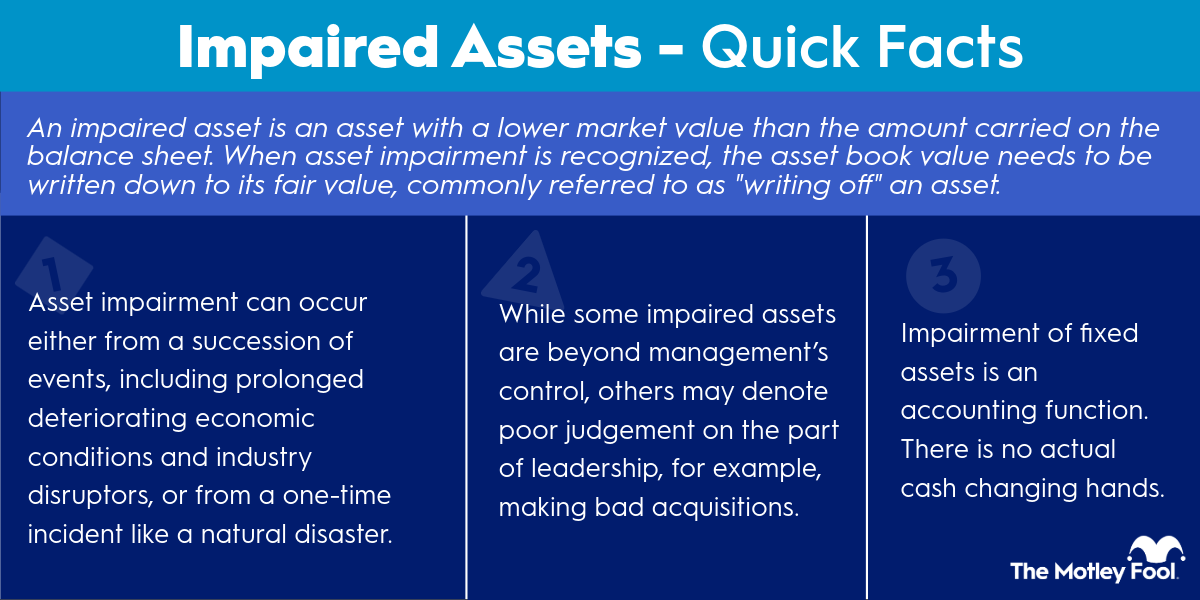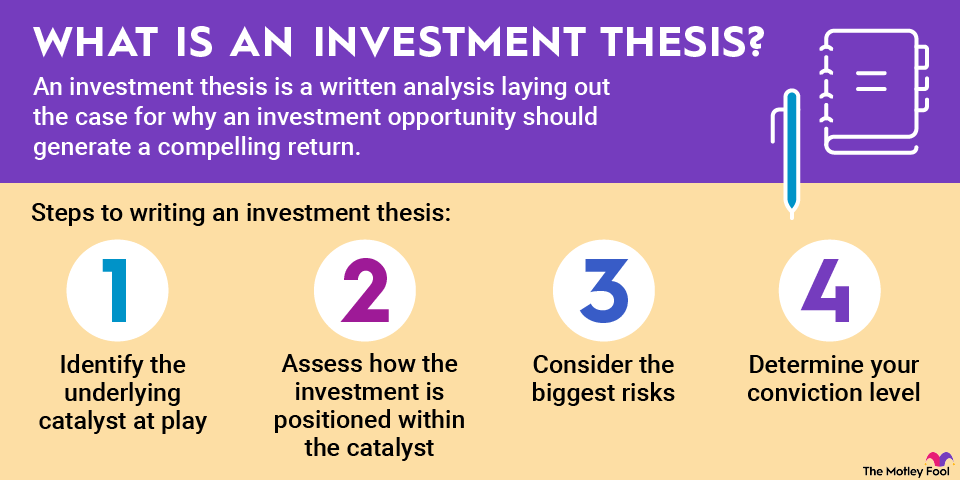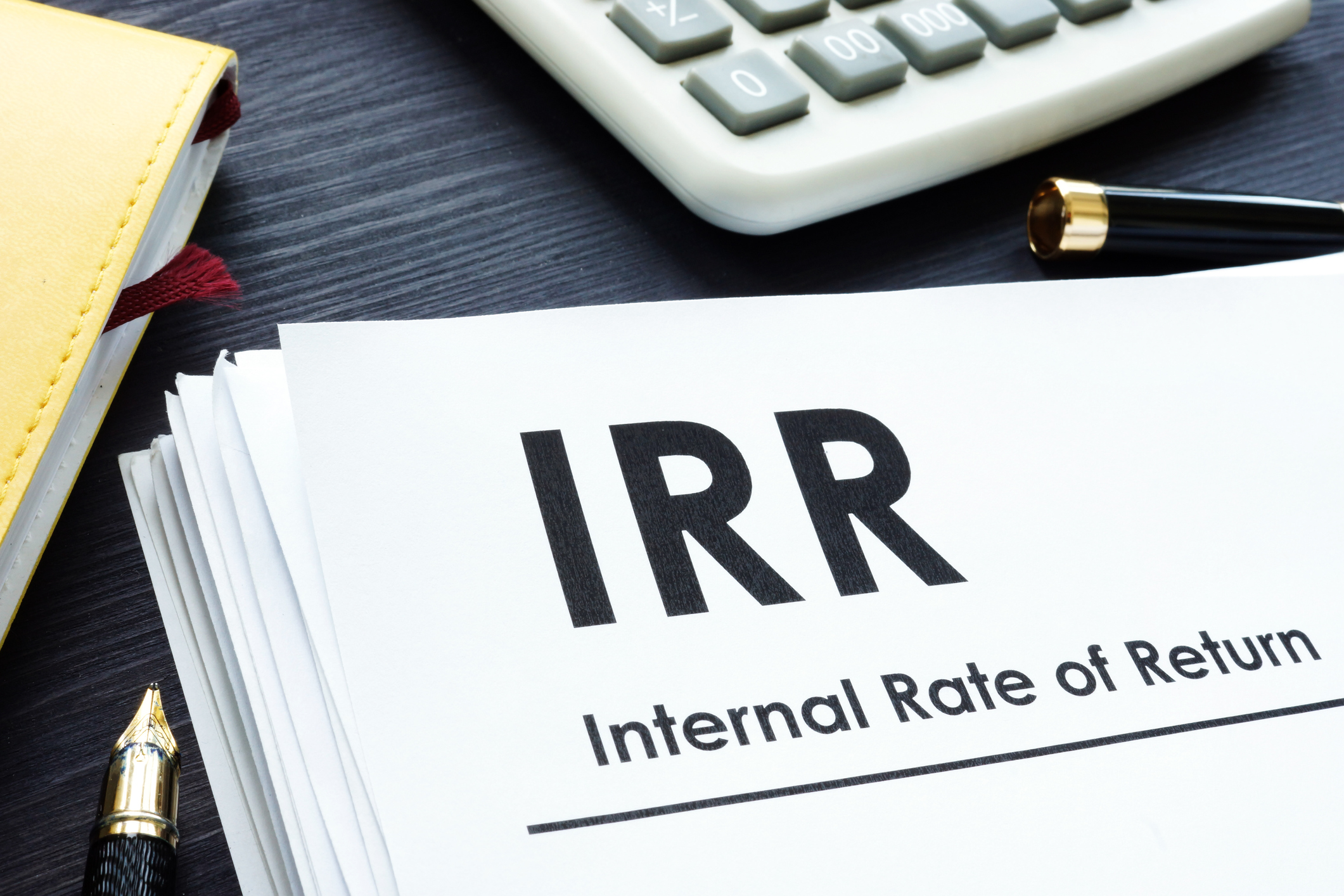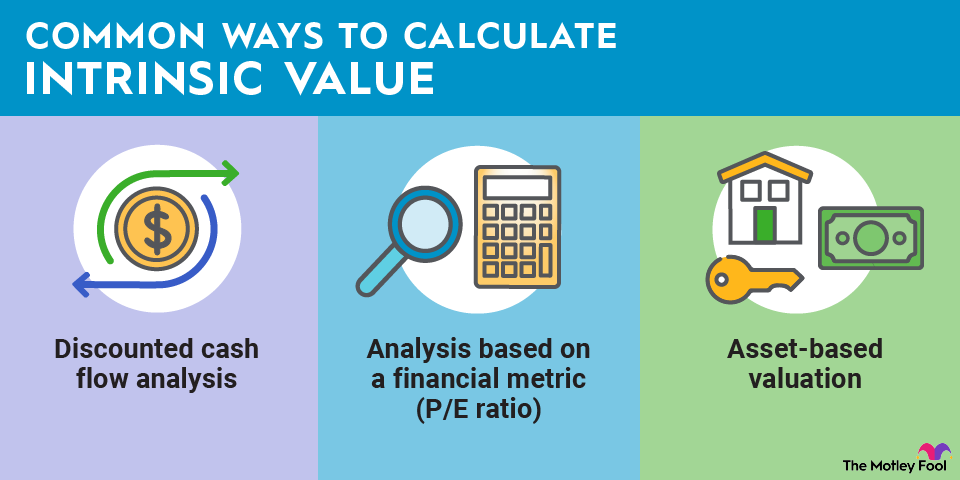Even novice investors have probably heard the term "IPO" before. IPO stands for "initial public offering" in the stock market. A privately held company that completes an IPO offers shares of itself to the public for the first time. The newly issued shares begin trading on a stock exchange such as the New York Stock Exchange or the Nasdaq.
What does it mean when a company goes public? It means that it completes an IPO (or similar process) and makes its stock available to investors. Shares of pre-IPO companies or private companies are generally owned by just a small group of company insiders and employees, as well as early investors such as venture capitalists.
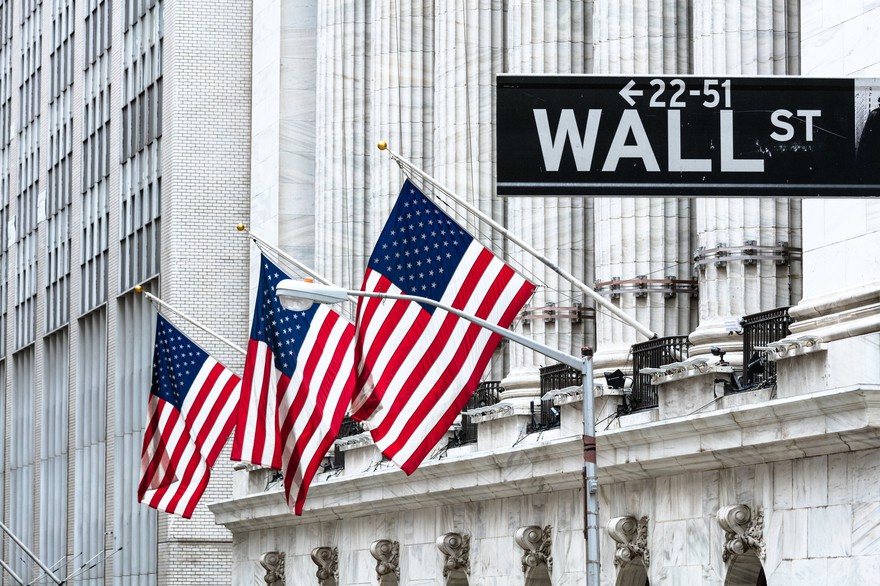
The company often meets with institutional investors such as pension funds, foundations, and endowments to make sure the IPO has buyers. After an initial block of shares is sold, the company and its underwriters set an initial public price and a date for the stock to begin trading on a public exchange.
On IPO day, the company's stock becomes available to the general public, and the stock then trades among investors on the open market.
Why do companies pursue IPOs?
The primary benefit of going public is easier access to capital. The money raised from an IPO can be used for expansion, research and development, marketing, and other purposes.
IPOs also reward equity holders in the company. Executives, employees, and others who own equity stakes can easily sell their holdings, generally after a lock-up period of six months once the stock is publicly traded. The lock-up period helps stabilize the stock price by preventing insiders from selling all their holdings immediately after the IPO.
While private companies are valued based on private funding rounds, which can be burdensome and time-consuming, public companies are valued based on the market price. There's no additional work for the company to do to raise its valuation, and stock prices have the potential to appreciate much faster than private company valuations, assuming the business warrants it.
There are also drawbacks to going public since companies are required to adhere to SEC reporting requirements. Publicly traded companies must issue regular disclosure statements, release their financial results, and conduct quarterly earnings calls, among other requirements. Public companies have fiduciary responsibilities to their shareholders and satisfying their demands can cost management control, time, and money -- especially if an activist investor takes an interest in the stock.
IPO stocks can be great investments, but, historically, most underperform the market. The stock market, especially the S&P 500 (^GSPC -0.13%) -- as a large-cap benchmark index -- is generally composed of successful, profitable companies. Failing and failed companies don't continue to be listed by major indexes.
IPO stocks, which are unproven, may not live up to their potential. Before investing in IPO stocks, take the time to vet the issuing companies carefully.


